Michael Ratner, Pioneering Civil Rights and Constitutional Lawyer, Dies at 72
Ratner, who led the charge against excesses in the war on terror, died of complications of cancer Wednesday.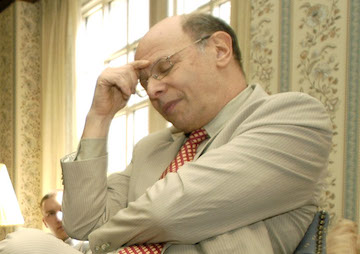
By Steven Rosenfeld / AlterNet
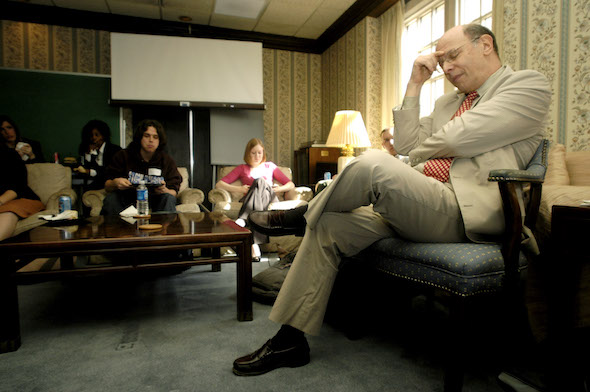
Michael Ratner, right, president of the Center for Constitutional Rights, ponders a question while meeting with political science students in 2007. (Jamie-Andrea Yanak / AP)
This piece first appeared at AlterNet.
Michael Ratner, one of America’s great human rights crusaders and constitutional lawyers whose lifetime of activism began in 1960s protests, died Wednesday of complications from cancer. He was 72.
Ratner’s work spanned five decades and more than a dozen countries. He led the New York City-based Center for Constitutional Rights, one of the nation’s bulwarks for protecting the rights of activists, protesters and whistleblowers. Most recently, he was known for successfully challenging the federal detention of war on terror suspects in Guantanamo Bay, arguing against the unconstitutionality of warrantless mass surveillance by national security agencies during the Bush administration and waging war in Iraq without congressional consent. Ratner also oversaw litigation that ended New York City’s stop-and-frisk police tactic and recently worked to protect whistleblower Julian Assange. In the 1980s, he opposed the Reagan administration’s deadly dealings in Central America and worked to empower international criminal courts.
“Michael was not simply a constitutional rights lawyer fighting for those fundamental rights as well as defending radicals,” said Mara Verheyden-Hilliard, executive director of the Partnership for Civil Justice Fund. “He was a radical himself and devoted his entire life to fighting for radical change in America, as well as an internationalist supporting the struggles of people everywhere demanding liberation and justice.”
According to a statement issued by the Center for Constitutional Rights:
When Michael decided to take on U.S. policies of indefinite detention at Guantanamo in January 2002, it was not a popular position. With Michael, the Center for Constitutional Rights was the first human rights organization to stand up for the rights of Guantanamo detainees, and Michael was a founding member of the Guantanamo Bay Bar Association, a group that grew to over 500 attorneys from all over the country working pro bono to provide representation to the men at Guantanamo that has been called the largest mass defense effort in U.S. history. Michael acted as counsel in the landmark case Rasul v. Bush, and after two and a half years of litigation, CCR and co-counsel won the first Guantanamo case in the United States Supreme Court.
Born in 1943, Ratner studied medieval English at Brandeis University in the 1960s where he was influenced by philosopher Herbert Marcuse and an activist classmate, Angela Davis. He attended Columbia Law School, where he saw firsthand police brutality after students occupied campus buildings in 1968. He was drawn to defending clients with seemingly impossible legal odds but whose publicity generating causes might help change public opinion.
The National Law Journal named Ratner one of the 100 most influential lawyers in the United States in 2006. In addition to his major contributions to CCR, he served as president of the National Lawyers Guild. He was a prolific and inventive writer, authoring a book imagining the human rights abuse trial of Donald Rumsfeld and other works including Guantanamo: What the World Should Know. He coauthored Hell No: Your Right to Dissent in 21st-Century America and also wrote a textbook on international human rights.
His most recent legal fights included his work to protect WikiLeaks founder Julian Assange from prosecution in London, a 13-year battle through CCR to shut down Guantanamo, and an aggressive campaign to stop the Obama administration’s use of drone warfare and the extrajudicial murder of U.S. citizens abroad.
Vince Warren, current executive director of CCR, wrote of Ratner’s passing:
Family members say Michael was born with the “empathy gene,” which made him a wonderful and loyal friend. While a law student at Columbia University in 1968 this empathy and compassion helped him find his political focus during student protests against the Vietnam War. While participating in a building occupation on campus Michael was pushed to the ground and beaten by the police. Seeing his bloodied classmates who were, like him, standing up for what’s right, he decided he would always stand on the side of the oppressed and against the oppressor. A law student was pushed down; a radical rose up. In his words, “[E]vents like this created the activists of the generation and I never looked back; I declared that I was going to spend my life on the side of justice and non-violence.” And this is exactly what Michael did until his last breath.
AlterNet was proud to feature his work as an author. Many of his successful cases were the subject of AlterNet‘s coverage, spanning the nightmares of the Bush years from Iraq to Guantanamo to his work to stop America’s growing drone wars.
Watch an amazing tribute to Ratner’s life and work.
Steven Rosenfeld covers national political issues for AlterNet, including America’s retirement crisis, democracy and voting rights, and campaigns and elections. He is the author of “Count My Vote: A Citizen’s Guide to Voting” (AlterNet Books, 2008).
Your support matters…Independent journalism is under threat and overshadowed by heavily funded mainstream media.
You can help level the playing field. Become a member.
Your tax-deductible contribution keeps us digging beneath the headlines to give you thought-provoking, investigative reporting and analysis that unearths what's really happening- without compromise.
Give today to support our courageous, independent journalists.


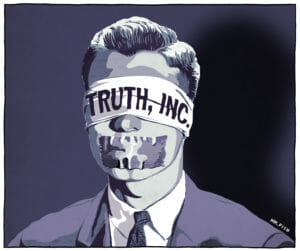
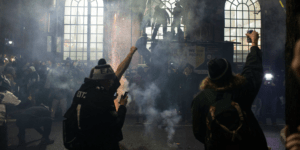
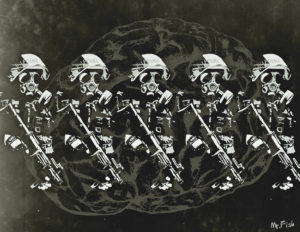
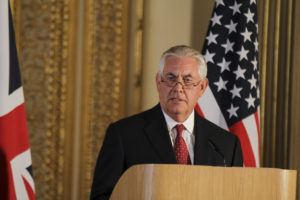



You need to be a supporter to comment.
There are currently no responses to this article.
Be the first to respond.